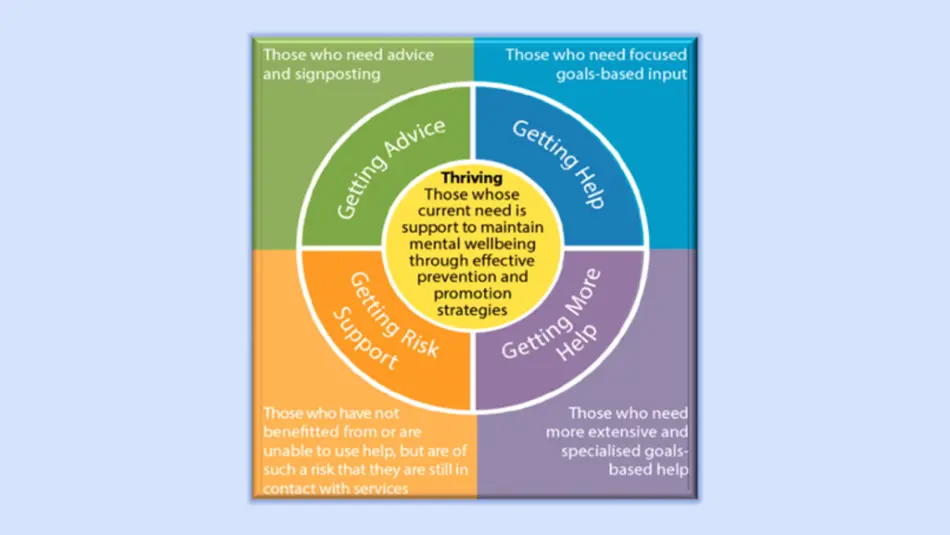In order to plan provision effectively, LSMs need to have a thorough understanding of SEND funding and their college’s budget. A summary of post-16 SEND funding can be accessed here: 16 to 19 funding: how it works - GOV.UK
A key role for LSMs in meeting young people's needs is through effective provision mapping and management. It is helpful for LSMs to regularly collate and analyse their SEND data. This data can help to identify trends and growing areas of need, which can inform whole setting development priorities for SEND provision (at an individual, group and whole setting level) and maximise the impact of limited resources.
For example, where SEND data identifies a cohort of young people with language and/or communication needs, this data would be used to inform individual and group intervention support and a wider consideration of whole setting approaches to supporting the development of all young people's language and communication skills. Effective provision mapping ensures that intervention is embedded within an environment that champions inclusion and good practice.
LSMs identify that young people’s progress meetings are a helpful forum through which needs can be identified and the information shared can be used to inform next steps at different levels across the setting.

Thriving school and college communities embed SEND support within a whole setting approach and ethos that celebrates difference and diversity and champions inclusion.